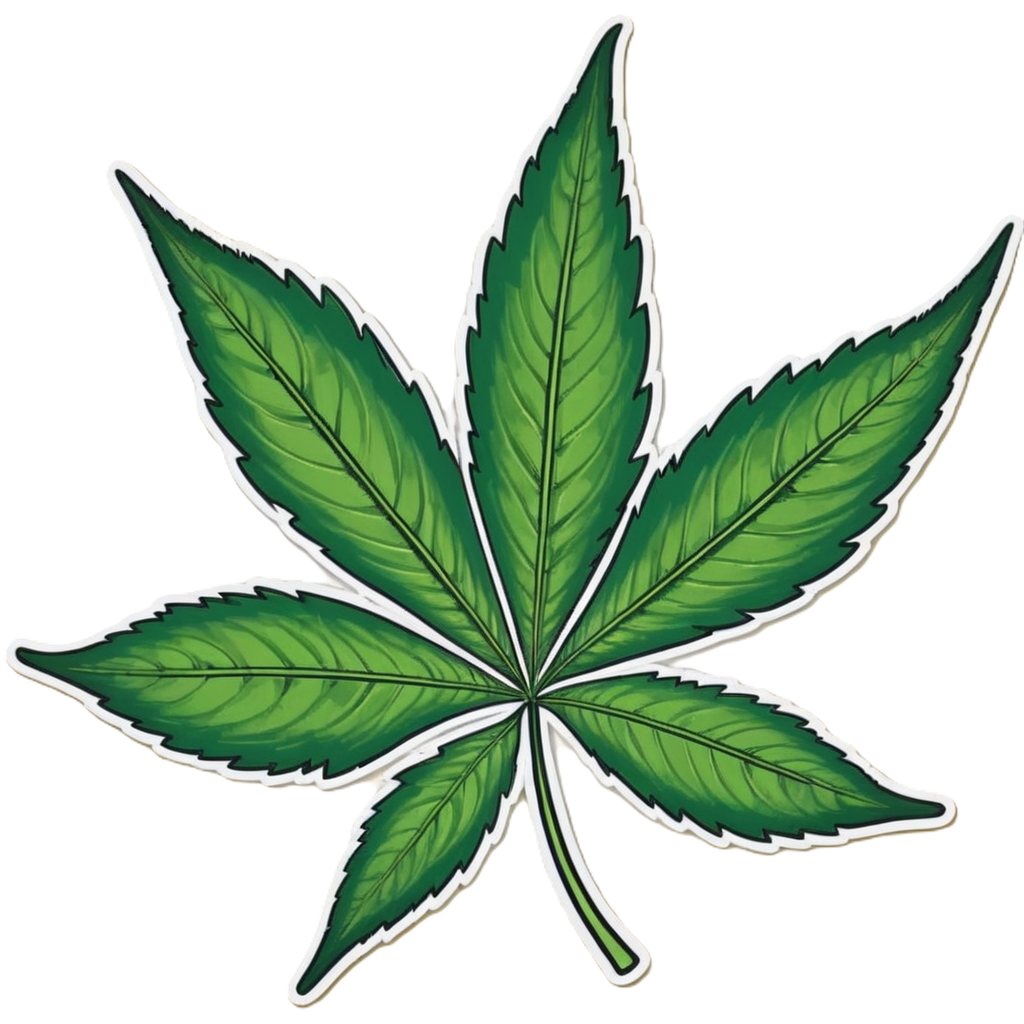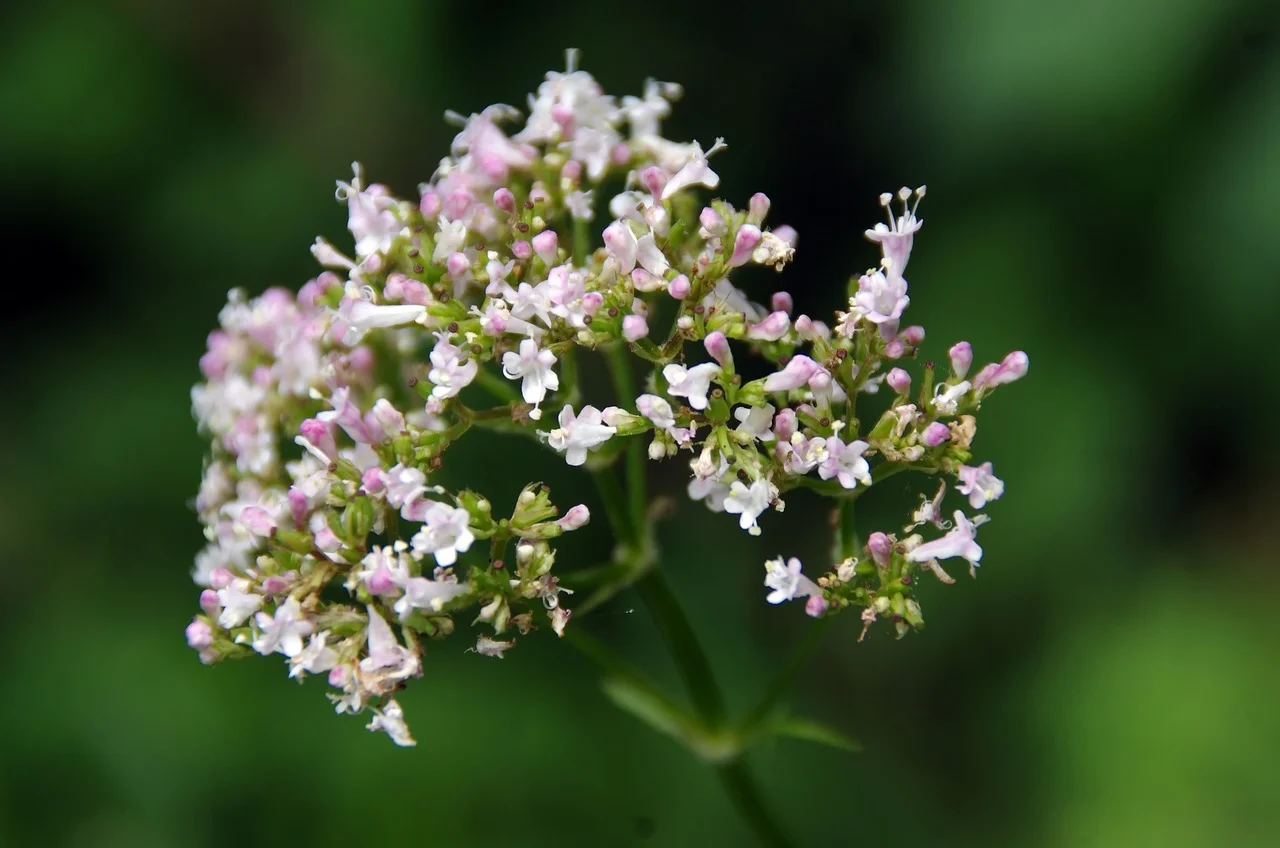Valerian Root 101
Valerian root is a herbal remedy derived from the underground parts of the Valeriana officinalis plant, a perennial herb native to Europe and Asia. Known for its calming and sedative properties, valerian root has been used for centuries in traditional medicine to alleviate sleep disorders, anxiety, and nervous tension. Today, it is a popular natural remedy for promoting relaxation and improving sleep quality.
Botanical Overview
- Scientific Name: Valeriana officinalis
- Family: Caprifoliaceae
- Common Names: Valerian, Garden Heliotrope, Setwall
- Appearance: The valerian plant produces clusters of small, sweet-smelling flowers, but its medicinal properties lie in the root, which has a distinctive earthy odor.
Traditional and Historical Uses
Valerian root has been used since ancient Greece and Rome for its calming effects. Hippocrates and Galen documented its use for conditions such as insomnia and restlessness. In medieval Europe, it was a remedy for epilepsy, headaches, and heart palpitations.
Active Compounds
The therapeutic properties of valerian root are attributed to a complex mixture of bioactive compounds, including:
- Valerenic Acid: Known for its sedative and anxiolytic effects.
- Iridoids: Compounds like valepotriates, which may contribute to its calming properties.
- Essential Oils: Including borneol and isovaleric acid, which add to its overall efficacy.
- Flavonoids: Antioxidants that support its soothing effects.
Medical and Therapeutic Uses
Sleep Disorders
Valerian root is best known for its ability to improve sleep quality. It is often used to:
- Reduce the time it takes to fall asleep.
- Enhance the depth and restorative quality of sleep.
- Address insomnia, particularly when related to stress or anxiety.
Anxiety and Stress
Valerian root may help reduce symptoms of anxiety and promote relaxation by modulating the activity of gamma-aminobutyric acid (GABA), a neurotransmitter that calms the nervous system.
Other Uses
Emerging research and anecdotal evidence suggest potential applications in:
- Menstrual Discomfort: Alleviating cramps and associated mood swings.
- Digestive Health: Managing nervous stomach and irritable bowel syndrome (IBS).
- Neurological Disorders: Investigated for its role in calming hyperactivity and reducing seizure risk.
Preparation and Forms
Valerian root is available in several forms to suit different preferences:
- Teas: Brewed from dried valerian root.
- Capsules/Tablets: Standardized extracts for convenient dosing.
- Tinctures: Alcohol-based extracts for sublingual use.
- Powder: Can be mixed into drinks or used in DIY remedies.
Dosage and Administration
While there is no universal dosage, typical recommendations include:
- Sleep Aid: 300–600 mg of valerian extract 30–60 minutes before bedtime.
- Anxiety Relief: 150–300 mg, taken 1–3 times daily as needed.
Consistency is key, as valerian’s full effects may take a few weeks to manifest with regular use.
Potential Side Effects
Valerian root is generally well-tolerated but may cause mild side effects in some individuals, including:
- Drowsiness
- Dizziness
- Headache
- Gastrointestinal discomfort
Prolonged or excessive use could lead to dependency or withdrawal-like symptoms in rare cases.
Interactions and Precautions
Valerian root may interact with certain medications and substances, such as:
- Sedatives and Hypnotics: Can enhance their effects, potentially leading to excessive drowsiness.
- Alcohol: May intensify sedation.
- Anxiolytics: Should not be combined without medical advice.
Pregnant and breastfeeding women, as well as individuals with liver disease, should consult a healthcare provider before using valerian.
Mechanism of Action
Valerian’s calming effects are believed to stem from its ability to interact with the GABA system in the brain. By increasing GABA availability, valerian helps reduce neural excitability, fostering a sense of calm and relaxation.
Research and Evidence
Studies on valerian root’s efficacy for sleep and anxiety have yielded mixed results, with many suggesting modest benefits. While more robust clinical trials are needed, it remains a popular alternative therapy for those seeking natural remedies.
Cultural and Modern Significance
Valerian root continues to hold a prominent place in herbal medicine traditions across the globe. Its use as a natural sleep aid and stress reliever aligns with growing interest in holistic wellness and alternative therapies in modern healthcare.
Conclusion
Valerian root is a versatile and time-honored herbal remedy celebrated for its calming and sleep-enhancing properties. While its efficacy varies from person to person, its natural origins and generally favorable safety profile make it a valuable option for managing stress, anxiety, and sleep disturbances.
Valerian root underscores the potential of nature’s pharmacy to address common health challenges, bridging ancient wisdom with contemporary wellness trends.

